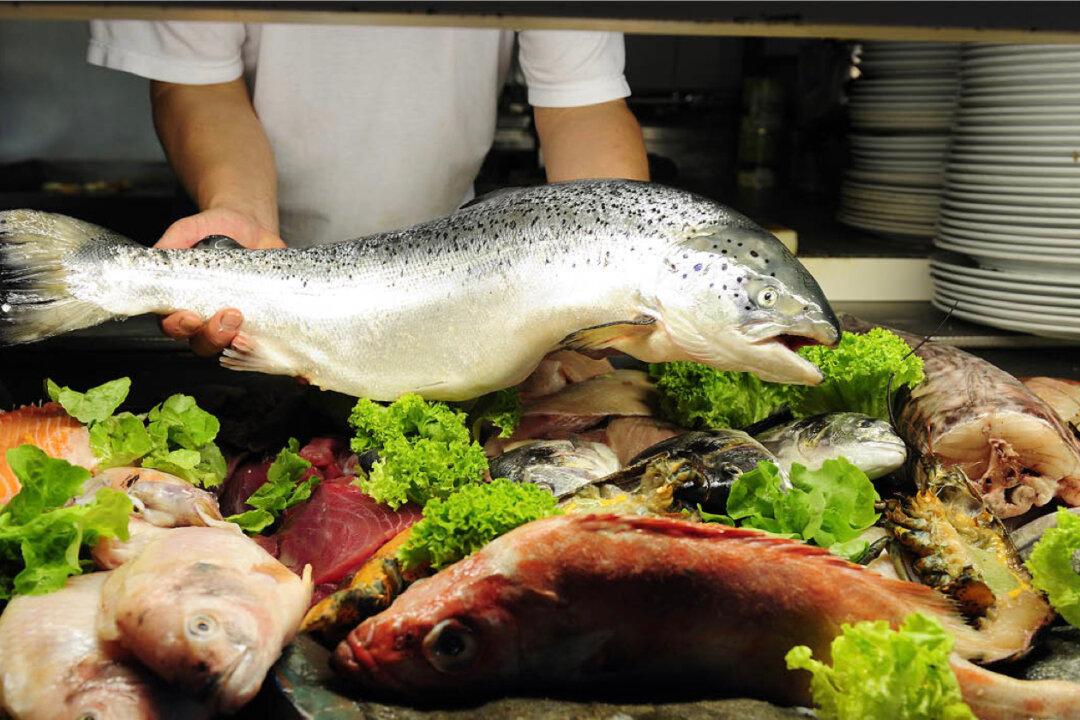A 63-year-old woman recently felt unwell after consuming Hybrid Grouper. She developed symptoms that include abdominal pain, diarrhea, numbness of the limbs, nausea, and vomiting. It turned out that the fish contained ciguatoxins.
Since ciguatoxins are very heat-resistant and cannot be removed through cooking or processing, eating fish with ciguatoxins can affect both nerve and muscle functions.
